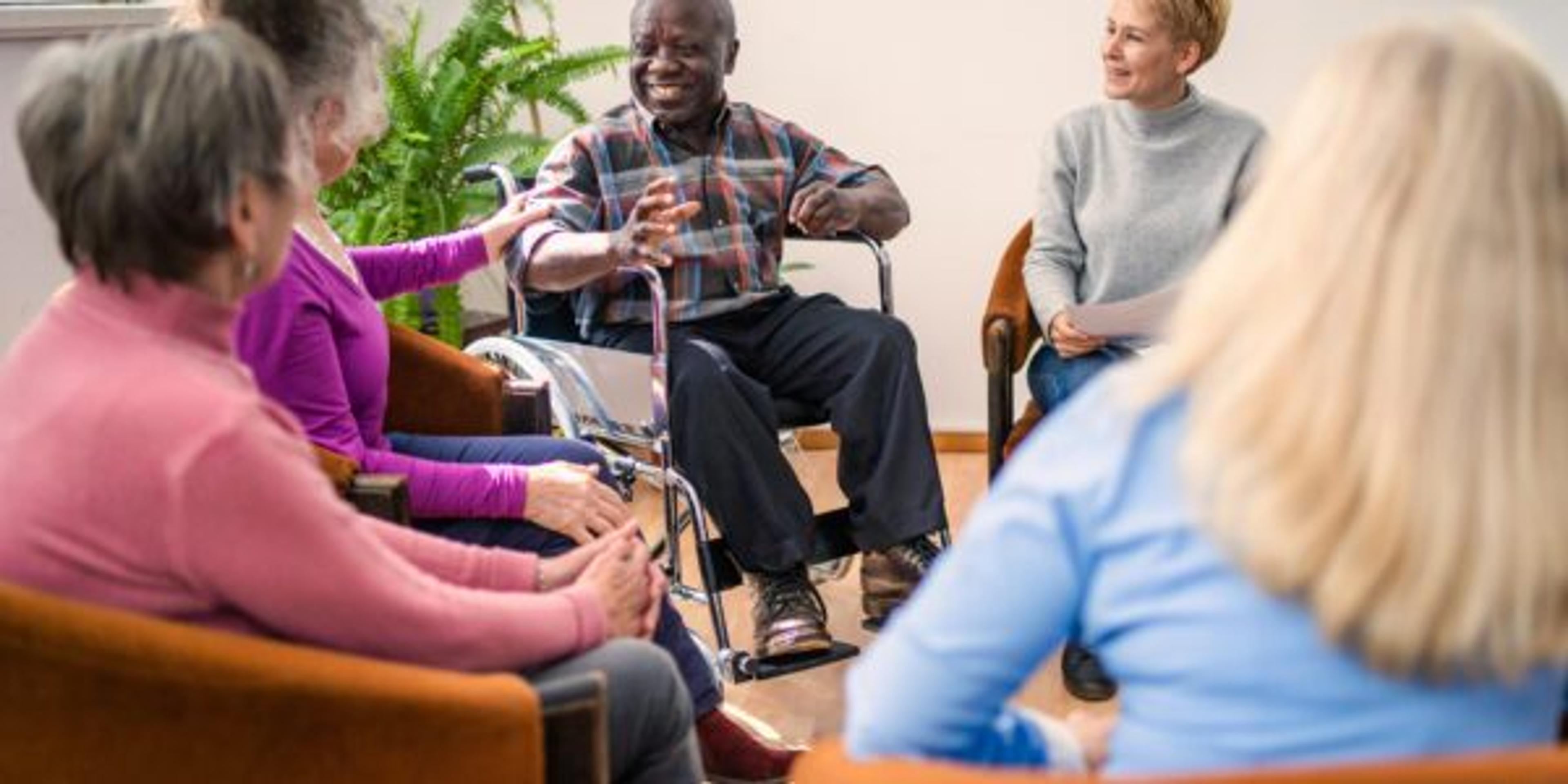How Friends are Good for Brain Health
Shandra Martinez
| 3 min read

As we age, sometimes we may feel like our memory isn’t as sharp as it used to be. Some of us might misplace our keys, forget a friend’s birthday or leave the grocery store without one of the items we planned to buy. Do a few forgetful episodes mean you’re on a downward mental spiral? No. Can having more friends make you less forgetful? Research shows it’s definitely possible. Let’s look at how social circles are good for your brain health.
For years, research has shown that having close friends is good for our physical and mental health. There are lots of facets to this. It could mean having a walking buddy to exercise with, or a group of friends you meet for regular dinners. Longevity studies have shown that people who have a strong social circle as they age have a lower risk of an early death.
Friends come with benefits
Why is having good friends so important as we age? Being part of a social network has lots of health perks, according to the Mayo Clinic. These include:
- Reducing your stress level.
- Increasing your happiness.
- Boosting your sense of belonging.
- Giving you a larger purpose in life.
- Providing you with a safety net during times of illness, change or grief.
- Nudging you to avoid unhealthy lifestyle habits
Friends and a healthier brain
While scientists may not know exactly why having a strong social circle equates to better brain health, research has shown this to be true. Specifically, having good, close friendships can help prevent memory loss as we age.
Need a bigger social circle?
If reading this makes you feel like you need to widen your circle of friends, there are lots of ways to do it. Volunteering in your community always puts you in touch with new faces. So does being involved in an activity or joining a club. Regularly walking through your neighborhood or even stopping at your local dog park will net you some new acquaintances. But research also shows the depth and quality of friendships matter more than the sheer number of friends you have.
So how can you strengthen the relationships you already have to make sure they’re the ones you can lean on as you age? Make sure you’re checking these boxes with your friends:
- Be a good listener: It’s not all about you. Make sure you’re letting other people tell you about their lives.
- Be available: Don’t wait for someone else to always plan the gatherings and dinners out. Be the one who sets things up and brings people together.
- Be open: Go beyond the surface talk and get honest with your friends. Share your concerns, ask for advice.
Related:
Photo credit: Getty Images





